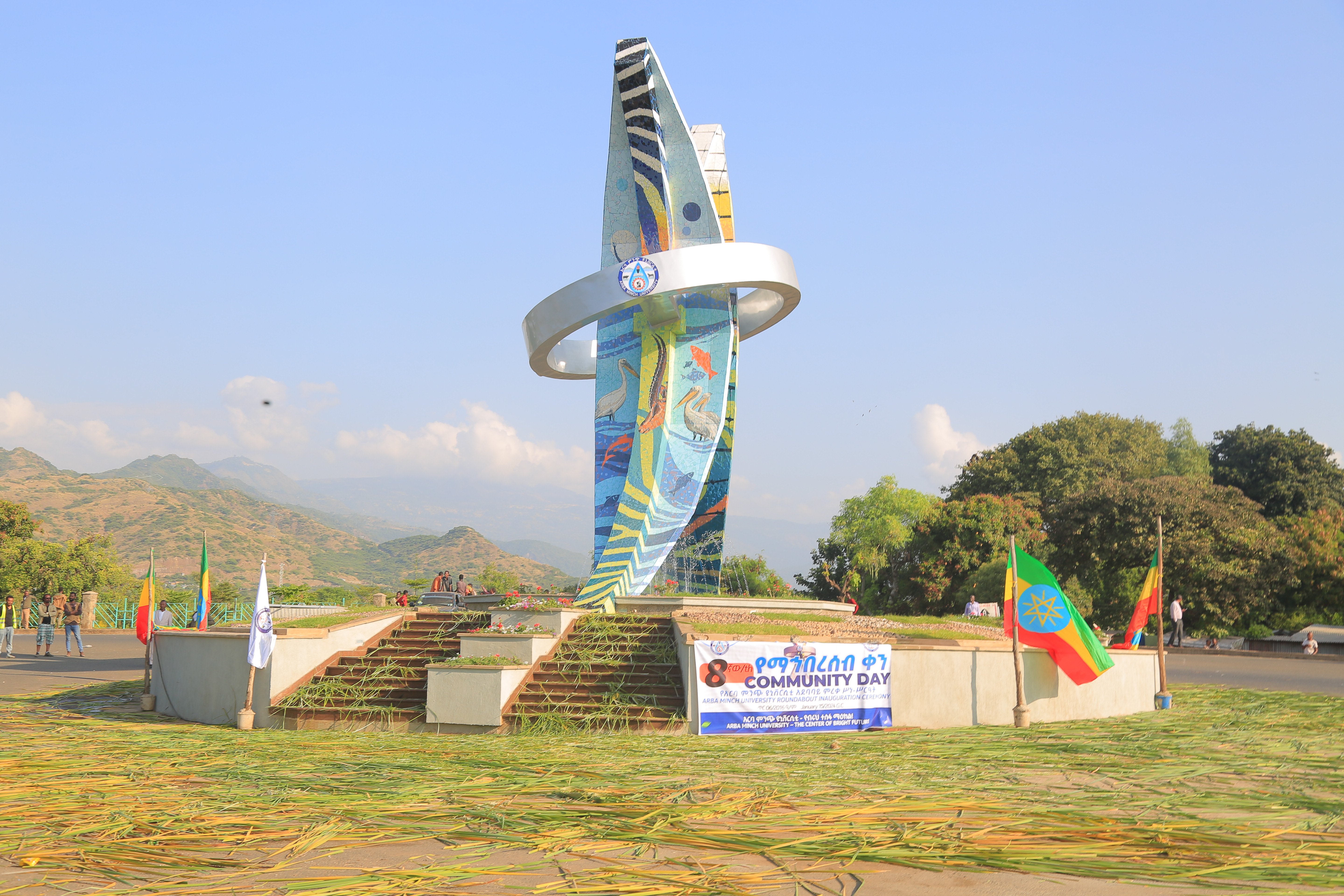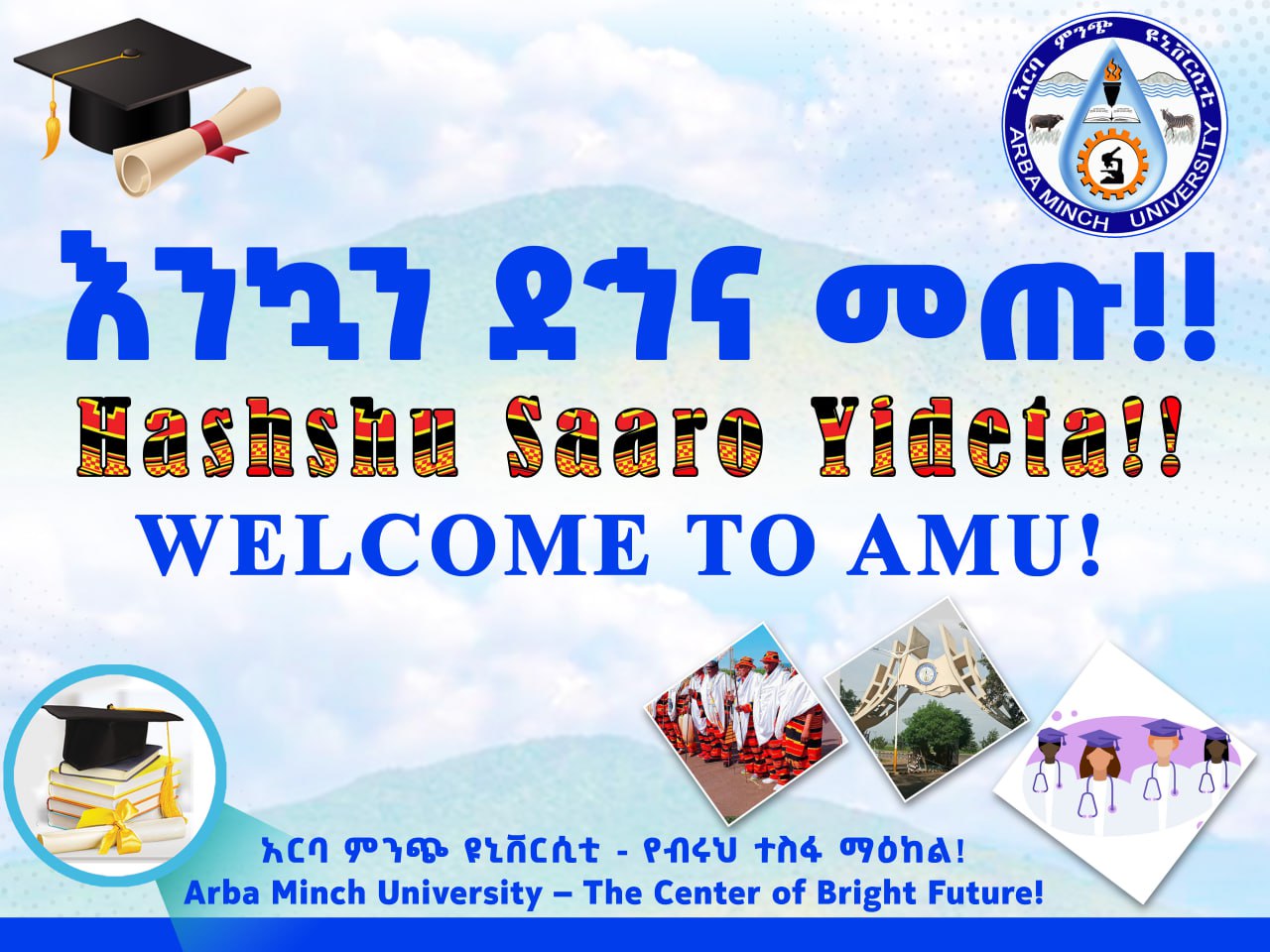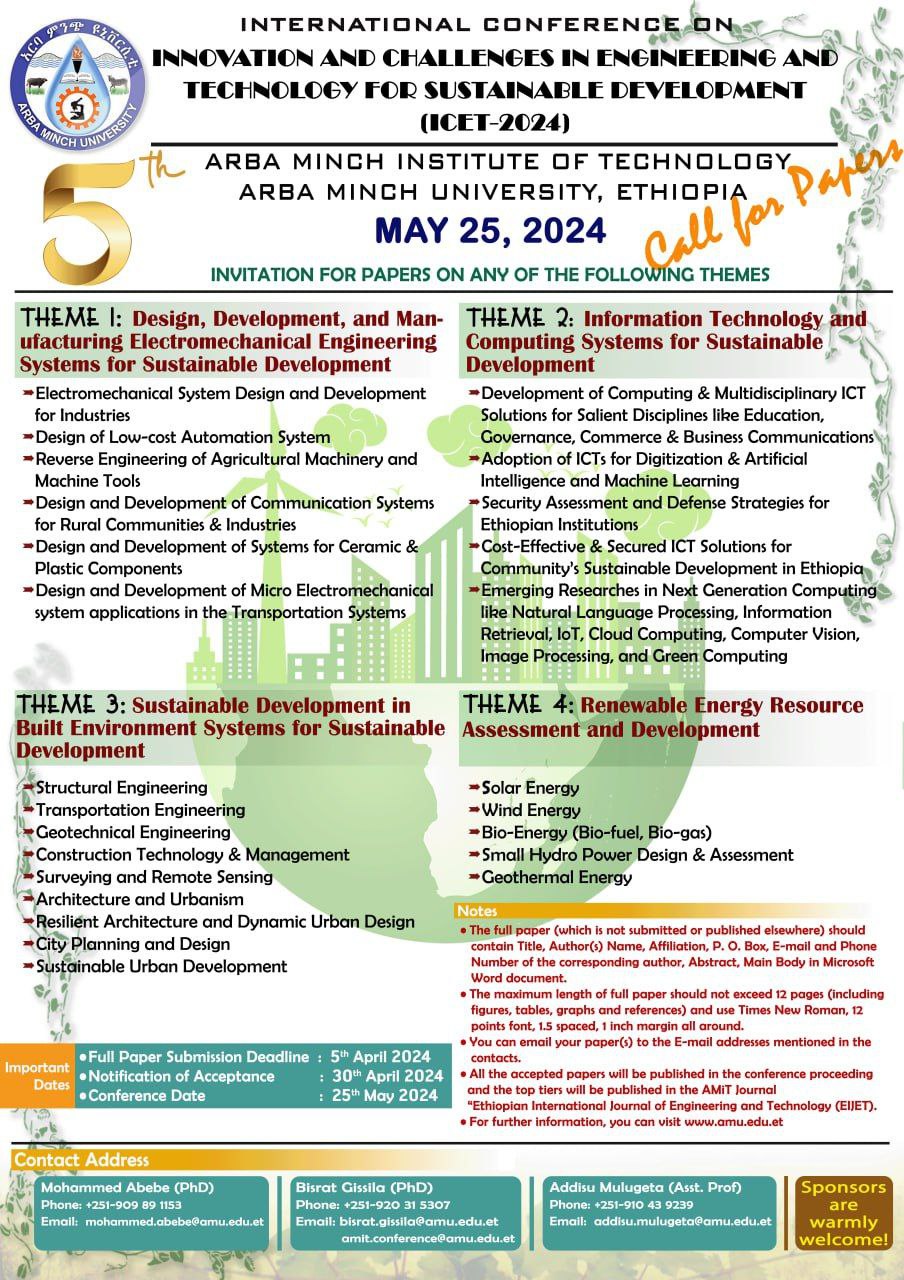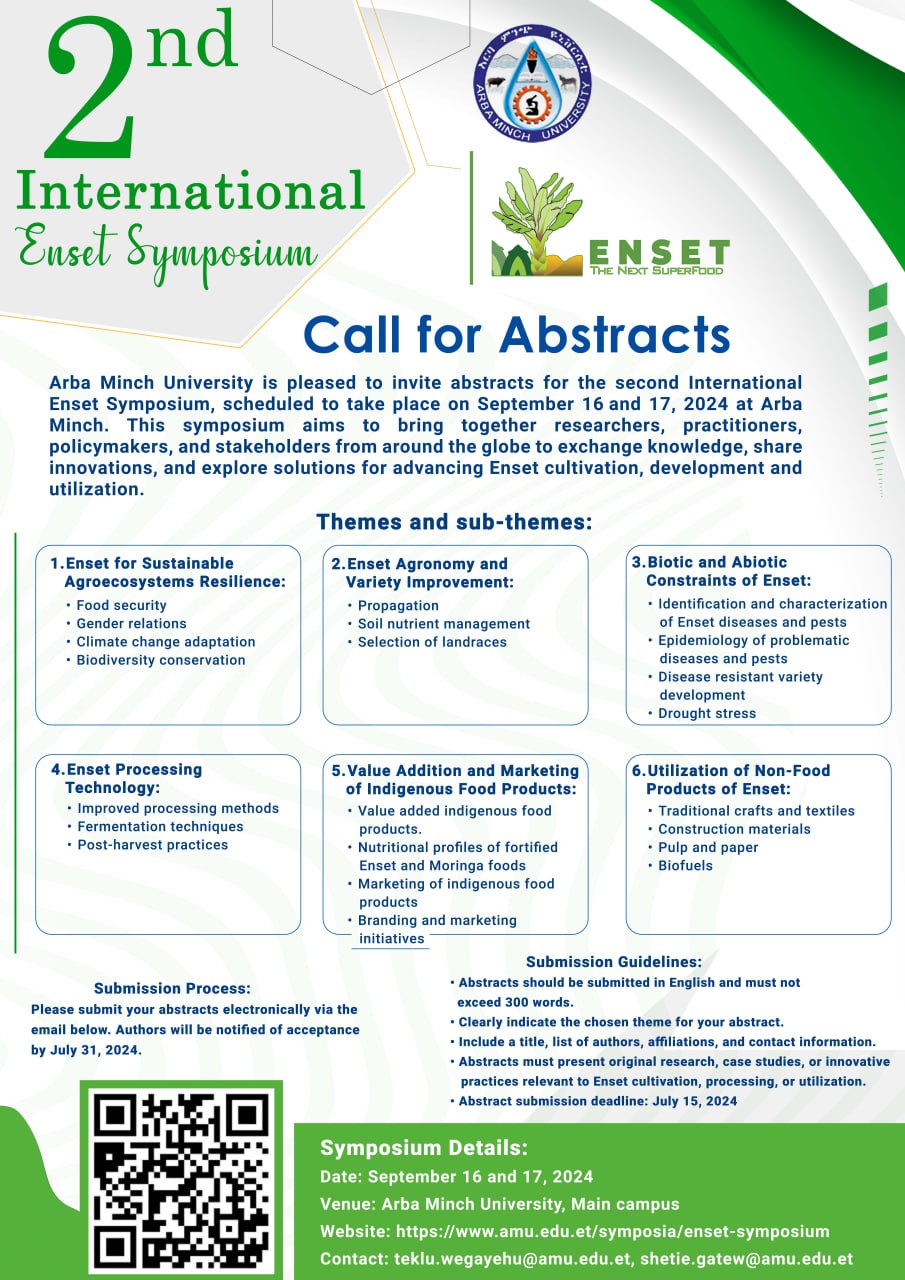Ethiopia, the cradle of ancient civilizations is immensely endowed with historical, social, ecological, natural and religious resources and cultural diversities. The nation consists of over 80 nations and nationalities with respective cultural, linguistic, religious and other peculiarities.
Albeit, the Ethiopian Nations, Nationalities and Peoples were the kind of proud people who successfully had defended their sovereignty and country against foreign aggressors, also had struggles in their long-standing existence.
It’s stated owing to the past rulers’ misrule, the Ethiopian nations, nationalities and peoples were treated as the second class citizens and deprived of equal opportunity. This suppression prompted an arduous struggle against the perpetrators to get their rights where their language, culture and history are freely exercised and developed.
The oppression that had been perpetuated since Minilik-II, came to an end on May 8, 1991, when the Derg regime was toppled by the joint struggle of the nations, nationalities and peoples of Ethiopia. Hence, this annual celebration is clearly the resounding affirmation of peace-loving and dignified Ethiopians to the world against the enemy of humanity and unlawful dispensation.
This celebration is the commemoration of the people of Ethiopia’s ultimate triumph against the repressive and oppressive regime that had deprived them of their rights in their own nation.
The day on which the rights and equality of the Ethiopian nations, nationalities and peoples were fully restored and guaranteed under Federal Democratic Republic of Ethiopia Constitution (FDRE), was December 8, 1995.
This year, Ethiopia will celebrate 9th Ethiopian Nations, Nationalities and Peoples Day with great enthusiasm and verve across the nation.
With the Constitution of Federal Democratic Republic of Ethiopia ensuring human and democratic rights, the nations, nationalities and peoples of Ethiopia has entered into a new era of equality and mutual cooperation to safeguard and ensure their common interests.
So, heretofore, every Nation, Nationality and People in Ethiopia has the right to speak, write and develop and promote its culture and language, to express, develop and preserve its history.
Thus, federalism and the rapid, successive and equitable development of the nation have become synonymous with the Ethiopian Renaissance.
(By Corporate Communication Directorate – info courtesy www.hofethiopia.gov.et)
